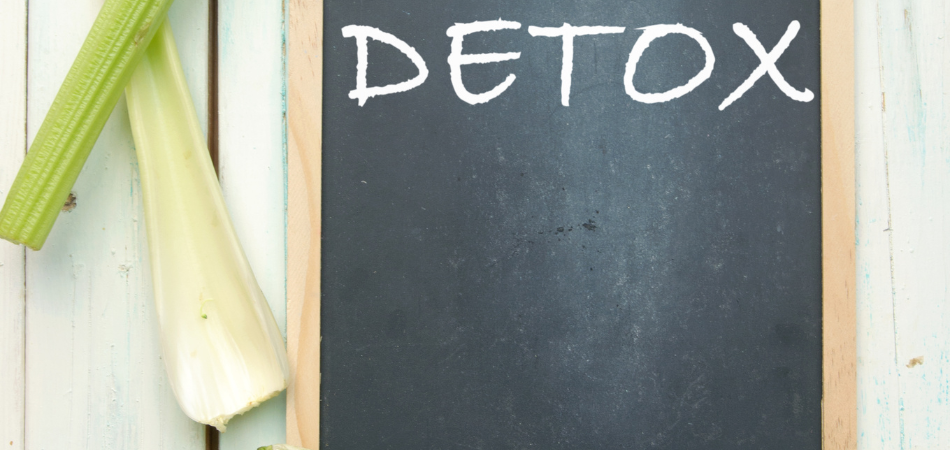Cocaine detox

Written by:

Medically Reviewed by:
Last Updated:
May 6th, 2024
Undergoing a cocaine detox is an integral part of recovery, especially given how highly addictive the drug is and the symptoms which can be experienced by the user.
Cocaine detox works to restore the physical as well as mental damage that cocaine use has had on you. This page will give you all the information you need about cocaine detox, potential withdrawal symptoms and the countless benefits that a residential cocaine detox clinic can offer.
What is a cocaine detox?
Cocaine detox is essentially discontinuing the use of cocaine and removing it from your body safely. This can be done through a number of different therapies where you will receive emotional support and guidance to help alleviate any uncomfortable withdrawal symptoms that you may be experiencing.
Cocaine withdrawal symptoms
As with any drug detox, people will experience withdrawal symptoms which can be both physical and psychological. This section will address the symptoms you may experience during the cocaine withdrawal process. It is important to remember that while the symptoms can sometimes be difficult to undergo, they are temporary and are manageable with the right support.
Physical withdrawal symptoms
Cocaine withdrawal is not associated with as many physical symptoms as other drug withdrawals, but there are a few symptoms that you might experience, such as:
- Slowed movements while performing activities
- Fatigue
- Chills
- Tremors
- Muscle aches
- Nerve pain
- Increased appetite
- An inability to feel sexual arousal
Psychological withdrawal symptoms
Cocaine withdrawal is primarily associated with psychological symptoms, which may include:
- Slowed thinking
- A lack of ability to focus
- Restlessness
- Depression
- Anxiety
- Intense and vivid dreams
- Suicidal thoughts
- Cravings for cocaine
- Mood swings
- Low sex drive
Cocaine withdrawal symptoms can last anywhere from one to four weeks, but in some cases, they have been known to last up to ten weeks.
Post-acute withdrawal syndrome (PAWS)
Alongside the above symptoms, there is also post-acute withdrawal syndrome (PAWS) to consider. PAWS consists of a group of symptoms which usually occur a week or so after drug use has ceased. In long-term cocaine users, PAWS symptoms can lead to a lack of impulse control and difficulty controlling moods and emotions, which can trigger a relapse if not properly managed.
How does a cocaine detox work?
Cocaine detoxification can be split up into three distinct phases:
Come-down: Due to the drug’s short-acting effects, a come-down refers to the sensations experienced when the usage of cocaine suddenly stops. This is widely viewed as one of the most difficult phases and can last up to seven days. Symptoms experienced can include exhaustion, depression, anxiety, hunger and irritability.
Withdrawal: This phase can last up to ten weeks and comes with a risk of relapse throughout its duration. Withdrawal will vary from person to person, though some more common symptoms are listed above.
Recovery: People will enter the cocaine recovery stage at their own pace, and there is no way of telling exactly when this will happen. During this time, cravings and low mood may still occur, but these feelings can be greatly reduced when using the tools sustained in therapy.
How long does a cocaine detox last?
The length of a cocaine detox can vary from person to person but typically lasts up to seven days. The aim of detox is to regain control of your cravings which is the best way to move to recovery, as the prevention of relapse can be an ongoing process.
Detoxing from multiple drugs alongside cocaine
Polydrug use involving cocaine can open users up to other risks. One of the most common combinations is cocaine and alcohol. As a depressant, alcohol can diminish the drug’s negative side effects, such as anxiety, tension or twitching.
However, simultaneously using alcohol and cocaine may cause high amounts of stress in the cardiovascular system and liver. Similarly, those who drink too much alcohol may take cocaine to reduce the negative effects, such as sluggishness and drowsiness.
At our facility, our staff will be able to assess and determine what cocaine detox programme will be suitable for you if you have been using multiple drugs with cocaine.
Cocaine detox programme at Sanctuary Lodge
At Sanctuary Lodge, we understand the difficulties and fears you might be facing if you are struggling with cocaine addiction. However, we can promise you that recovery is possible, and we have helped many people get through cocaine detox, even having overcome some of the most serious dependencies. There is hope for anyone, and a huge step toward recovery is recognising that you need support.
At our state-of-the-art facility, care is provided twenty-four hours a day by our on-site medical professionals, nurses, and doctors to help you detox from cocaine safely. At cocaine rehab, you will receive a care plan that is tailored to fit your unique needs, with many options provided for you throughout your stay with us. For any more information about Sanctuary Lodge, and the options we have available for cocaine detox, contact a member of our team right away.
Frequently asked questions
In general, inpatient detox is more successful and lasts longer than outpatient care. It also provides the benefit of removing many of the stressors that may have contributed to addiction.
At Sanctuary Lodge, we offer therapy alongside your detox programme, as we have found that clients can examine all aspects of their cocaine dependence as a whole, leaving us feeling well-equipped to handle whatever challenges might arise.





